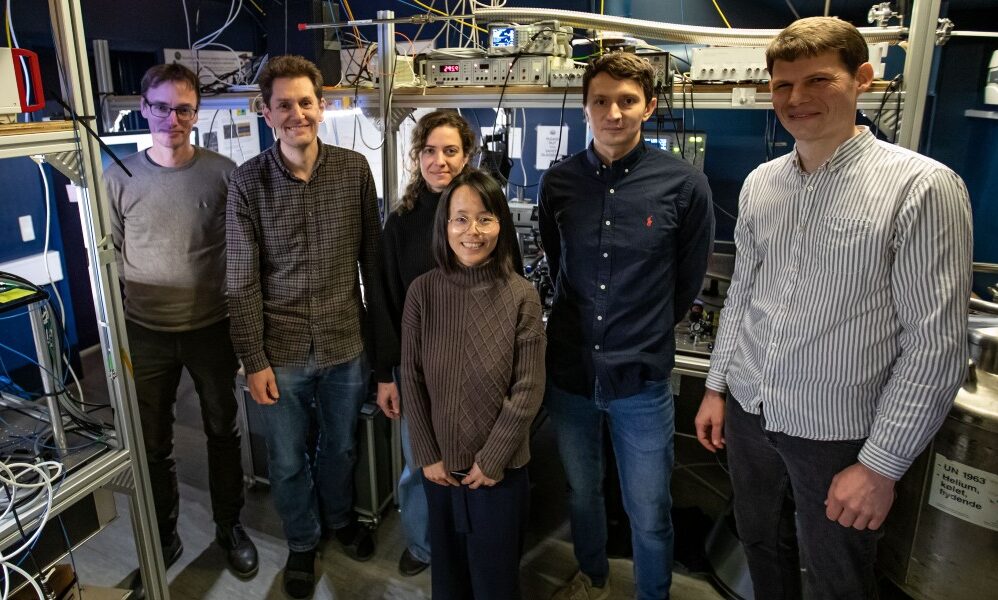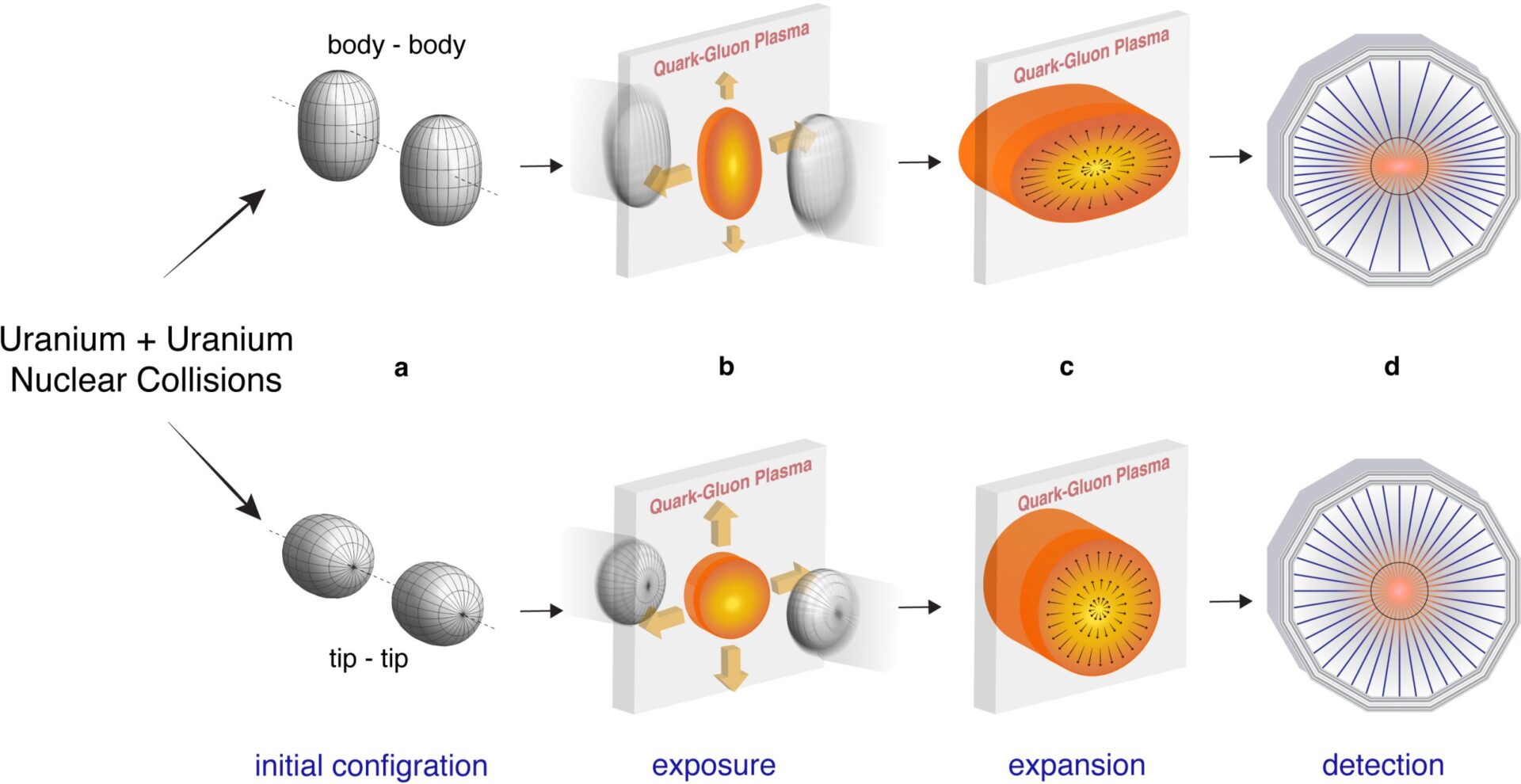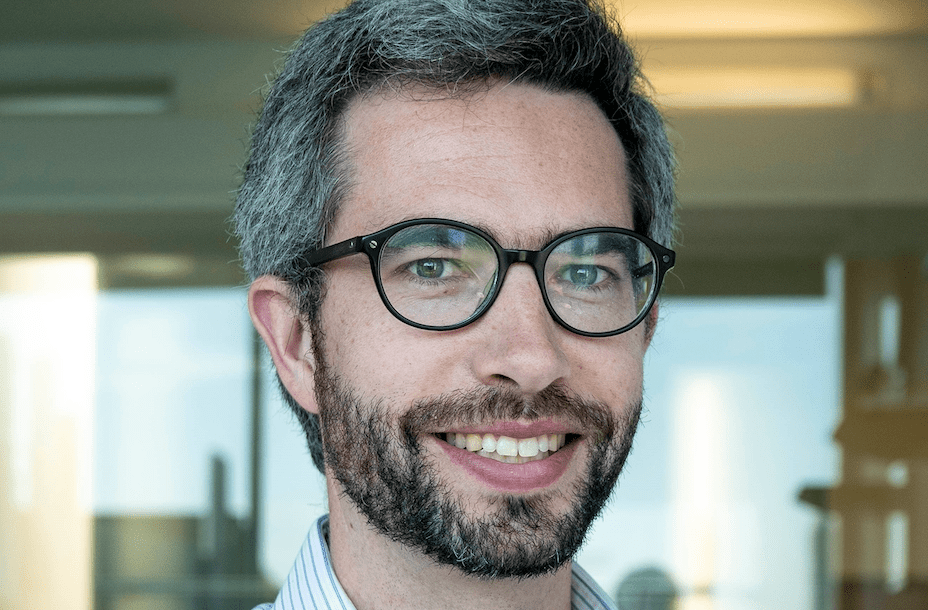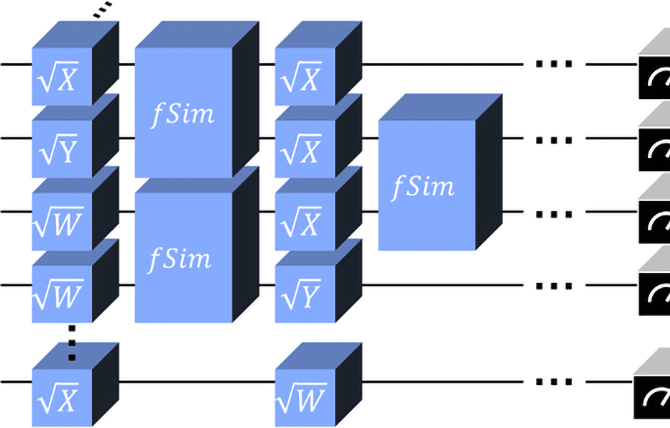In a new breakthrough, researchers at the University of Copenhagen, in collaboration with Ruhr University Bochum, have solved a problem that has caused quantum researchers headaches for years. The researchers can now control two quantum light sources rather than one. Trivial as it may seem to those uninitiated in quantum, this colossal breakthrough allows researchers to create a phenomenon known as quantum mechanical entanglement. This in turn, opens new doors for companies and others to exploit the technology commercially.
Going from one to two is a minor feat in most contexts. But in the world of quantum physics, doing so is crucial. For years, researchers around the world have strived to develop stable quantum light sources and achieve the phenomenon known as quantum mechanical entanglement — a phenomenon, with nearly sci-fi-like properties, where two light sources can affect each other instantly and potentially across large geographic distances. Entanglement is the very basis of quantum networks and central to the development of an efficient quantum computer.
Today, researchers from the Niels Bohr Institute published a new result in the journal Science, in which they succeeded in doing just that. According to Professor Peter Lodahl, one of the researchers behind the result, it is a crucial step in the effort to take the development of quantum technology to the next level and to “quantize” society’s computers, encryption and the internet.





